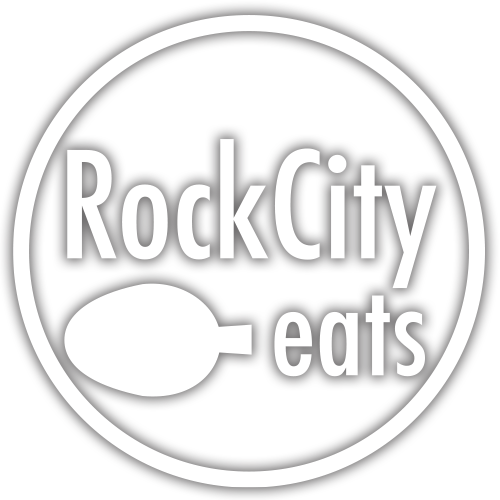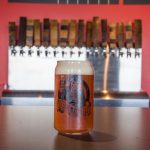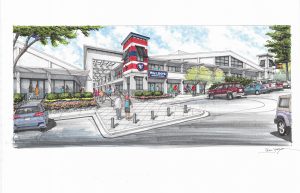The numbers do not lie. Arkansas started with 2013 as a comparison when analyzing the data and what we found was a strong trend toward increasing larger beer production, number of breweries, and overall consumption in the state. Since 2013 Arkansas has grown by 136% in total beer production and 138% in total number of breweries.
Number of Breweries
The jump in breweries is clear over the last several years. Even recently in Little Rock we have added Rebel Kettle, Flyway, Damgoode, and we have a number of breweries looking to join. Northwest Arkansas is the same story.
Arkansas currently has 31 licensed, active breweries in the state with the biggest concentrations in Northwest Arkansas (16 breweries) and Little Rock (10 breweries). Keep in mind this number does not include places like Black Apple Crossing in Springdale that brews cider, only traditional beer.
The more telling part of this is that there are at least 10 new breweries across the state that we are actively watching that could launch in next year, so the growth is not stopping. It may however be slowing down. In 2014 we saw a 46% increase in the number of breweries, 37% increase in 2015, and so far in 2016 there is a 19% increase over last year. Here are the numbers.
| Year | Number of Breweries | Percent Increase |
| 2013 | 13 | |
| 2014 | 19 | 46.15% |
| 2015 | 26 | 36.84% |
| 2016 | 31 | 19.23% |
Beer Production
While the rate of new breweries may be slowing slightly, the overall production is skyrocketing.
The big reason for this is that the large influx of breweries are starting to mature and add additional capacity while streamlining processes. Take Lost Forty for example. In our last big beer numbers story in March 2015 they had just increased their potential capacity from 2,400 barrels per year to 6,000 barrels per year. In the year or so after they have added even more than that to put at last check their capacity at around 12,000 barrels per year. To put that into perspective Arkansas as a whole only produced 10,417 barrels in 2013.
The same type of dramatic increase can be said for Ozark, Core, and Fossil Cove along with other existing breweries planning additional capacity or streamlining output to utilize the capacity better.
Add to all that the fact that even more breweries are increasing distribution both by kegs on tap at restaurants and new and additional bottling and canning lines. In 2013 you had to mostly go to a brewery (with a few exceptions) to pick up a local brew, now you can stop in almost any restaurant and liquor store in the state and pick up something brewed here. Here are the numbers.
| Year | Beer Produced | Percentage Increase |
| 2013 | 10417 | |
| 2014 | 14641 | 40.55% |
| 2015 | 24623 | 68.18% |
Rankings
So yes we have grown, but how does that growth match up against the rest of the nation? In 2013 we were ranked dead last in the country for beer production and 48th in beer consumption. Since then we have grown to 46th (in 2015) for beer production and all the way to 42nd last year in beer consumption. So not only are we producing more, we are drinking more as well.
That growth has led to an overall increase in awareness for craft beer not only produced here, but available here. In a completely unscientific study, we can tell easily how the number of craft beers have taken over liquor store shelves and tap handles. Walk into any liquor store and you will see a significant number more craft beers taking up premium shelf space than the classic domestics. In fact large manufacture beer sales have declined consistently over the past several years while craft beer continues to grow.
All this means better beer and a greater variety. Local breweries start to carve out their own niche within beer markets. Look at Little Rock and you can easily see this. Lost Forty (for the most part) brings the mass targeted beers enjoyed by a large number, Flyway focuses on refining and perfecting the typical craft beers, Rebel Kettle is focused on the experimental and new age crafts like sours and saisons, and Stone’s Throw is all about finding the really old historic style beers and resurfacing them for a new generation.
Economic Impact
Finally, enough cannot be said about the economic impact on the local communities. As we preach often, spending money with locally owned businesses has a greater impact on the local economy. By buying local beer you keep more money in our state. They hire local people, use local resources, drive business into local restaurants, and support local causes. Our estimated economic impact from local brewing in the state is $324 million in 2015. It is making a huge difference.
Drinking local is important, and also very tasty. Use our craft beer guides to find a brewery you will love.
*Craft Brewers Association is the source for much of this information







